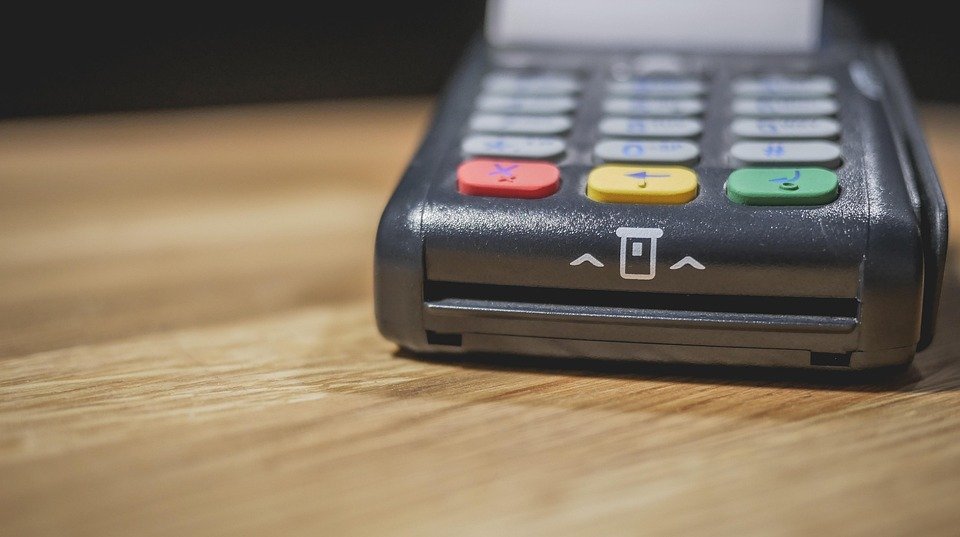DIY Credit Success: Simple Tricks That Really Work
Achieving good credit is essential for securing loans, renting apartments, and even landing certain jobs. Fortunately, improving your credit score doesn’t have to be complicated. With a few simple tricks, you can build or boost your credit on your own. Here, we’ll explore some practical strategies for DIY credit success.
Understand Your Credit Report
Before diving into DIY credit improvement, understanding your credit report is crucial. Request a free copy from annualcreditreport.com and review all the details. Look for any errors, discrepancies, or signs of identity theft. Dispute any inaccuracies with the credit bureaus directly. By resolving these issues, you can ensure your score reflects your true creditworthiness.
Establish a Payment Plan
Timely payments account for a significant portion of your credit score. Start by setting up payment reminders or automatic payments to avoid missing any due dates. Create a monthly budget and prioritize bill payments based on their due dates. Consistently paying bills on time can significantly boost your credit over the long run.
Utilize Credit-Building Tools
Build or restore your credit by using specific tools wisely. Consider tools like secured credit cards – these require a cash deposit upfront, lowering the lender’s risk while helping establish your credit history. Another option is becoming an authorized user on a relative’s credit card, if their positive payment history reflects on your record.
Keep Credit Card Balances Low
Your credit utilization ratio influences your score considerably. Aim to keep your credit card balances below 30% of your total credit limit. Pay off the full balance each month if possible, but ensure your utilization is low even when carrying a small balance. A lower credit utilization ratio indicates responsible credit management and could improve your score.
Diversify Credit Mix Strategically
Though less impactful, a diverse credit portfolio can contribute to a balanced credit score. Aim for a mix of installment loans (like mortgages and auto loans) and revolving credit (like credit cards). But, be careful not to take on loans unnecessarily. Only open new accounts when they make financial sense for you, as too many new accounts can negatively impact your score.
Monitor Your Credit Regularly
Regularly monitoring your credit is essential to detect potential issues early. Set up alerts through your credit card company or use credit monitoring tools online. Track your credit report progress and be quick to dispute errors or address fraudulent activity. By staying vigilant and addressing issues promptly, you’re positioning yourself for DIY credit success.
Final Thoughts
With these simple tricks, you can take control of your credit future through DIY methods. Focus on consistency, timely payments, and utilizing credit responsibly. Remember, building excellent credit takes time and discipline, but each positive step you take can result in significant long-term financial rewards. So, start your DIY credit success journey today!

